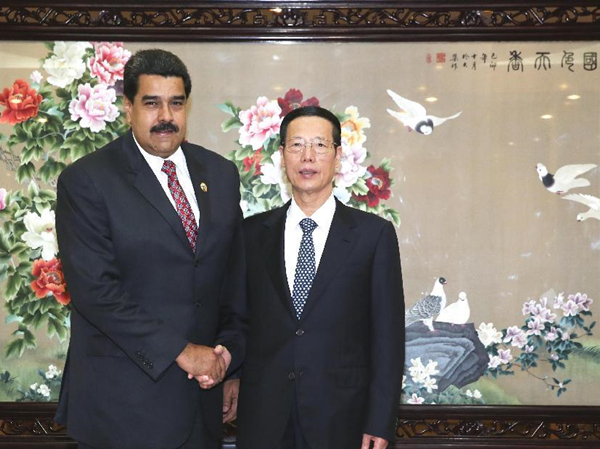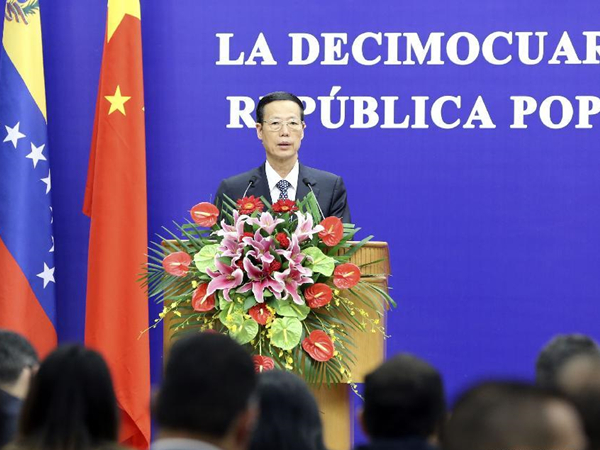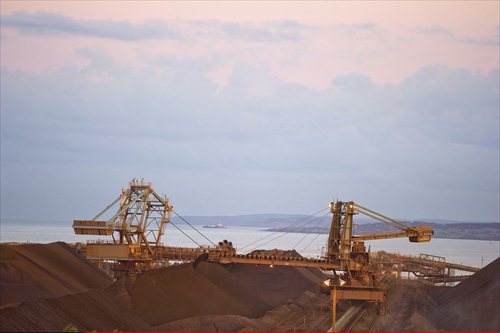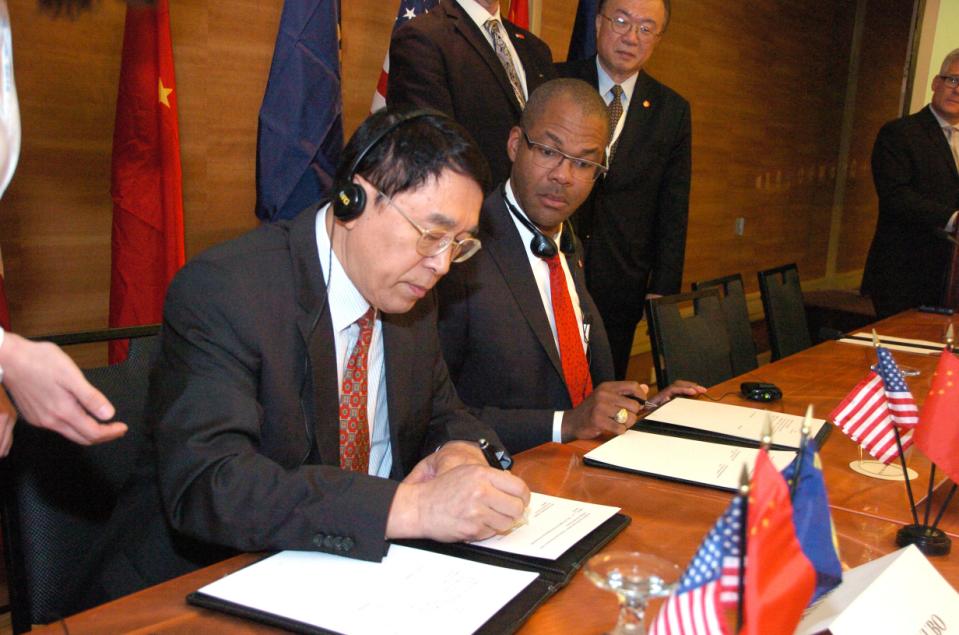China key player in global energy plan
Source: www.chinamining.org Citation: China Daily Date: September 11, 2015
Clean-energy development action already underway to reduce carbon emissions
To combat climate change, a global energy network is necessary and China will play an important role in it, says Liu Zhenya, chairman of State Grid Corp of China, the country`s biggest electricity power supplier.
"The final construction of a Global Energy Network will reduce total global carbon emissions from the current 32 billion metric tons to 11.5 billion tons in the future, only half the amount in the early 1990s", says Liu.
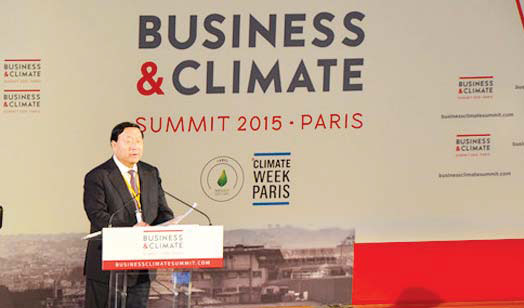 |
| Liu Zhenya, chairman of State Grid Corp of China, says the final construction of a Global Energy Network will reduce global carbon emissions. Tuo Yannan / China Daily |
According to Liu, the Global Energy Network is based on a technology called ultra-high voltage. A UHV super grid would be able to transfer renewable energy from where it is abundant to where people live and work at a low cost.
This kind of electrical energy infrastructure would enable different types of energy such as solar, wind, hydro and geothermal generated electric power to reach the market.
In the past three decades, China has relied on coal-burning power plants to fulfill the demand of industrial and economic growth, but Liu says that in recent years China has already started plans and practices in technical innovation including UHV transmission, smart grids and new energy, to prepare for the construction of the Global Energy Network.
In 2011, Chinese media reported that the country`s first new-energy utilization project had been established in Hebei province in the north. This four-in-one project includes the collection of wind power, solar power, energy storage and smart electricity transmission. It is expected to solve electricity generating problems caused by large-scale development of new energy.
"Starting with the Kyoto Protocol, the idea of energy saving seems good. However, it is a little bit unrealistic," Liu says. He believes carbon pricing will certainly increase the cost of development. Methods such as carbon pricing, carbon trading and carbon capture cannot completely solve the problem of carbon emissions, as it is very difficult to enforce on an international level, he says.
"Industrialized countries, developing countries and underdeveloped countries all have their own interests. The cost of carbon capture is very high and this road will be a dead end."
Liu also says the establishment of a Global Energy Network can reduce global carbon emissions and resolve climate change issues, including temperature and sea level increases due to energy emissions.
The earth is rich with solar and wind energy and just a small amount of these is enough to satisfy human usage. In the last decade electricity generated from solar and wind experienced rapid development and the cost dropped more than 70 percent and 30 percent respectively.
Given the 12-percent annual growth in clean energy, clean energy can satisfy 80 percent of energy demands in 2050, says Liu.
China will play an important role in this plan, he says. While Europe is still engaged in protracted discussions about carbon capture and carbon pricing without introducing practical programs, China has already started its clean development plan.
SGCC has built seven major projects since January 2009, including three UHV alternating current power transmission lines and four UHV direct current lines. Liu says that by 2020 the Chinese government plans to finish work on a 70,000-kilometer UHV transmission line.
As a result, the power transmission capacity will reach 380 million kilowatts, to guarantee the transmission of 350 million kW of hydropower, 240 million kW of wind power and 100 million kW of photovoltaic power generation.
By then, the annual consumption of clean energy will reach 1.9 trillion kilowatt-hours, replacing 790 million tons of coal and reducing carbon emissions by 1.6 billion tons and sulfur dioxide by 4.4 million tons..
Tang Shuyue contributed to the story.
About CHINA MINING
Since first held in 1999, the scope and influence of CHINA MINING has grown rapidly year by year. As a global mining summit forum and exhibition, CHINA MINING Congress and Expo has become one of the world’s top mining events, and one of the world’s largest mining exploration, development and trading platforms, covering all aspects of the whole mining industry chain, including geological survey, exploration and development, mining rights trading, mining investment and financing, smelting and processing, mining techniques and equipment, mining services, etc. playing an active promotion role in creating exchange opportunities and enhancing mutual cooperation between domestic and foreign mining enterprises.
CHINA MINING Congress and Expo 2015 will be held at Meijiang Convention and Exhibition Center in Tianjin on November 20th-23rd, 2015. We invite you to join the event and to celebrate the 17th anniversary of CHINA MINING with us. For more information about CHINA MINING 2015, please visit: www.chinaminingtj.org.


